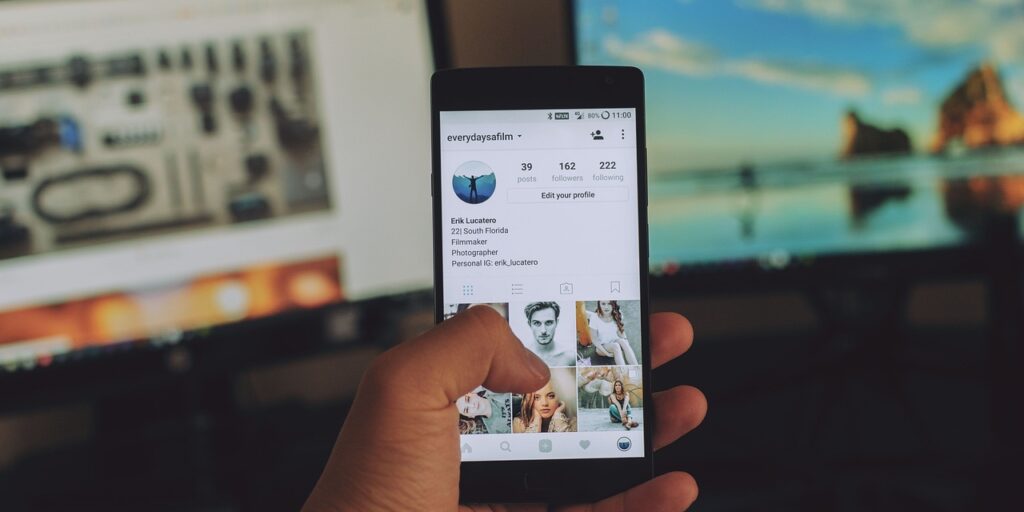- Poorly shovelled sidewalks will lead to slip and falls this winter - December 11, 2024
- Brain injuries are costly on an emotional and physical level - November 22, 2024
- Long-term disability payments could come with a tax liability - October 23, 2024
By Paul Russell, LegalMatters Staff • People launching a personal injury claim must be careful of what images they post on their private social media accounts, says Ontario personal injury lawyer Joshua Goldberg.
Goldberg, principal of Joshua Goldberg Law, says a July Superior Court of Justice decision demonstrates how images on Facebook and Instagram can be used against a person as evidence of their injuries, or lack thereof.
According to court documents, Christopher Juskey lost control of a vehicle on a wet road in Richmond Hill, Ont. in August 2019 It crossed the centre line and collided with a vehicle driven by Haweya M. Mohamud coming from the other direction.
“She says she suffered injuries as a result of the collision including a concussion, whiplash, other soft tissue injuries, chronic pain, and psychological injuries including depression,” the judgment reads.
$1.3M lawsuit launched
Mohamud sued Juskey and Victor Juskey – the vehicle’s owner – for $1.3 million, seeking “damages for, amongst other things, pain and suffering, loss of enjoyment of life, lost income (both past and future) and future care costs.”
The Juskeys asked the court to order Mohamud to disclose digital copies of her social media accounts with Facebook and Instagram, saying they were relevant to show her “functionality, enjoyment of life and ability to work.”
According to court documents, the images “depict the plaintiff posing, while standing or sitting, with what appear to be a number of family members and/or friends. There is, for the most part, nothing remarkable about them … that said, at least one photograph demonstrates the plaintiff on a beach, apparently on holiday. That photograph tends to demonstrate the plaintiff’s ability to travel and enjoy life. It is, in that sense, relevant to one or more live issues raised by the pleadings.”
Mohamud’s lawyer argued against having the photos considered as evidence, saying that would “result in substantial prejudice in the form of a significant intrusion on her personal privacy.”
“The court had to balance her privacy rights against the relevance of social media content in a personal injury case,” says Goldberg. “And the court’s decision shows that private images on social media accounts can be used as evidence against a person, once they launch a personal injury claim.”
A balanced and proportionate approach
He noted that the court stressed the importance of a balanced and proportionate approach to social media disclosure.
“The judge stated that it would be ‘considerable overreaching” to allow the defendants to sift through the entire contents of her Facebook and Instagram accounts,” says Goldberg. “Instead, Mohamud was ordered to provide an affidavit listing all the photos that are relevant to the case.”
According to court documents, these include “any that display the plaintiff engaging in activities relevant to her claim to a loss of functionality or to her enjoyment of life in general.”
Goldberg tells LegalMattersCanada.ca that the judgment includes a general examination of when social media accounts may be considered as evidence.
- Studies show that ‘Halloween is the deadliest night for pedestrians’
- Landlords may be liable for injuries in rental properties
- Treat concussions seriously; your life may depend on it
“That section starts by noting that Rule 30.02(1) of the Rules of Civil Procedure requires parties to a civil action to disclose all relevant and material documents in their possession, control or power,” says Goldberg.
According to court documents, “the assessment of relevance is usually straightforward … relevance is a relational concept with a very low threshold. Evidence is relevant if, as a matter of logic and human experience, it renders a fact in issue more or less likely than it would be without the evidence.”
Once someone has launched a personal injury lawsuit “there will inevitably be intrusions upon their personal privacy when they are involved in civil court proceedings,” the judgment explains. “After all, the modern trend in civil litigation is towards complete discovery. “
Intrusions upon privacy as ‘are necessary’
After noting that “the goal of the adversary system is to get at the truth,” the judgment quotes former Chief Justice Beverley McLachlin, who noted, “a litigant must accept such intrusions upon her privacy as are necessary to enable the judge or jury to get to the truth and render a just verdict.”
She qualified that general observation by adding, “I do not accept that by claiming such damages as the law allows, a litigant grants her opponent a licence to delve into private aspects of her life which need not be probed for the proper disposition of the litigation.”
“This ruling shows how important social media has become in personal injury law,” says Goldberg. “If you are seeking damages for an injury that has limited your mobility or reduced your ability to lead a full and productive life, don’t post images that may be construed as showing you are not telling the truth.
“My advice to clients is to stay off social media while your claim is being settled, or to at least be very cautious about what you post,” he adds. “Otherwise, those images may come back to haunt you.”

